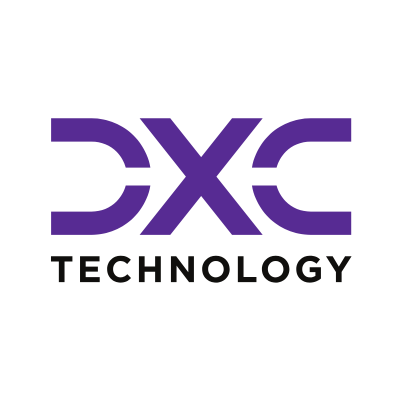
Counter drone systems and tools utilising quantum technology are among just some of the projects outlined.
The European Council is launching 11 new joint projects under the Permanent Structured Cooperation (PESCO) initiative, a legal framework that allows EU member states to jointly develop military capabilities.
Projects span a range of domains including land, air, and maritime, as well as relating to training, strategic enablers, force multipliers, quantum systems, and energy weapons, the European Council revealed on 27 May.
One project is the Joint European Electromagnetic Warfare Convergence Initiative (JEEWCI), coordinated by Germany with collaboration from the Netherlands.
The JEEWCI aims to create a basic training programme in the field of electronic warfare (EW) and will set up a working group for the development of a European doctrine on EW.
A separate collaboration between Italy and Spain will develop a modular directed energy weapon (DEW) that can counter uncrewed aircraft systems as well as rockets, artillery, mortars, loitering munitions, and cruise missiles.
The DEW must be designed to be mounted on “any mobile platform”, PESCO said in a separate announcement, and deliver results that minimise collateral damage while being adaptable to different scenarios.
A ‘Modular Seabed Vessel’ initiative, coordinated by France with participation by Italy, is another of the projects.
This initiative will build a high seas vessel that can carry and deploy at least one remotely operated vehicle and autonomous undersea vehicle for the purposes of protecting critical undersea infrastructure. It must be able to operate at depths of 6000m.
Creating interoperability among European maritime forces is a key focus of this project, along with reducing development costs for the technology.
Another PESCO project, which has garnered interest among PESCO members, is the Quantum Enablers for Strategic Advantage (QUEST) project, headed up by Finland with participation from Demark, Germany, Italy, and Latvia.
This project will focus on the defence applications of quantum technology in areas of positioning, territorial surveillance, and air and missile defence, Finland’s ministry of defence revealed.
“We are taking the use of quantum technologies as part of the defence capabilities extremely seriously. The QUEST project, to be implemented together with our European partners, will create a solid foundation for the application of quantum technology for defence”, Minister of Defence Antti Häkkänen commented.
Other initiatives include the ‘Unmanned Air Transport of Injured Soldiers’, ‘Substitute for Lead in Infantry Ammunition’, and ‘Common Handheld Optronic Interface’, among others.
What is PESCO?
Established via a European Council decision in 2017, PESCO is a legal framework for EU member states to jointly plan, develop, and invest in shared defence capability projects.
With the unveiling of these latest projects, the total number of initiatives managed under PESCO has been brought up to 75. The council said these projects will improve operational readiness and interoperability, as well as defence spending and investment.
“Several of these projects directly respond to capability priorities identified by EU leaders, reinforcing PESCO’s role in strengthening EU’s defence posture and deepening its strategic sovereignty,” the European Council said, in reference to the latest set of projects.
DSEI Gateway News is part of DSEI UK and the broader Clarion Defence portfolio.
Enjoy reading this article? Click here to read more about our upcoming DSEI membership offering...
Tags
- 11
- air
- council
- counter
- defence
- develop
- drone
- eu
- european
- initiative
- italy
- launches
- new
- outlined
- pesco
- project
- projects
- quantum
- strategic
- systems
- technology
- tools
- under
- up
- utilising
- well
Providing impartial insights and news on defence, focusing on actionable opportunities.
-
It marks a major step-change in Canada’s approach to defence procurement.
-
It comes as the company announces its first dual-use spin-out.
-
Most of those competing are US-based small businesses.


)
)

